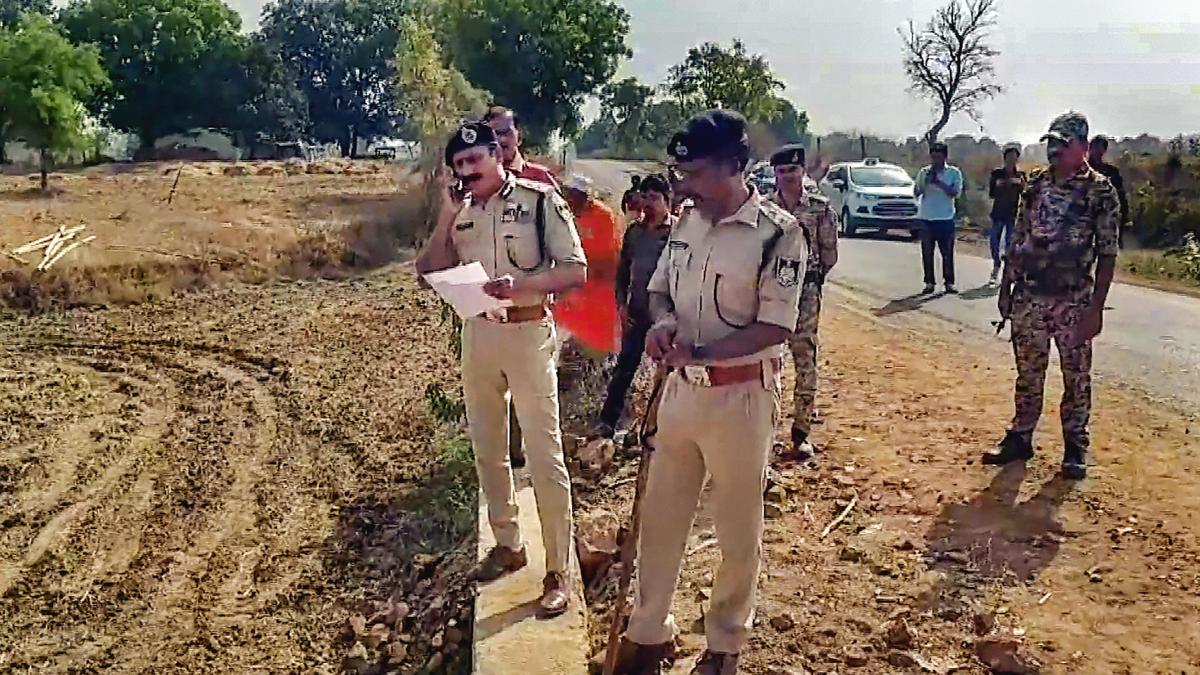An IA petition was filed in the Supreme Court on April 24 for constituting a Special Investigation Team to investigate each instance of quid pro quo, corruption and kickbacks revealed through the disclosure of details of the electoral bonds.
The petition filed by Common Cause, represented by advocate Prashant Bhushan and Cheryl D’Souza, said some of the country’s main investigative agencies such as the CBI, Enforcement Directorate and the Income Tax Department “appear to have become accessories to corruption”.
Several firms which were under investigation by these agencies have donated large sums of money to the ruling party, potentially to influence outcomes of probes, the petition said.
“Thus, the investigation, in this case, would not only need to unravel the entire conspiracy in each instance, which would involve officers of the company, officials of the government and functionaries of political parties but also the officers concerned of agencies like the ED/IT and CBI,” the petition added.
A five-judge constitution bench of the apex court had on February 15 scrapped the Centre’s electoral bonds scheme of anonymous political funding. Following a Supreme Court directive, the State Bank of India, which was the authorised seller of electoral bonds, had shared the data with the Election Commission, which later made the data public.
The electoral bonds scheme, which was notified by the government on January 2, 2018, was pitched as an alternative to cash donations made to political parties as part of its efforts to bring transparency in political funding.

 1 week ago
113
1 week ago
113



